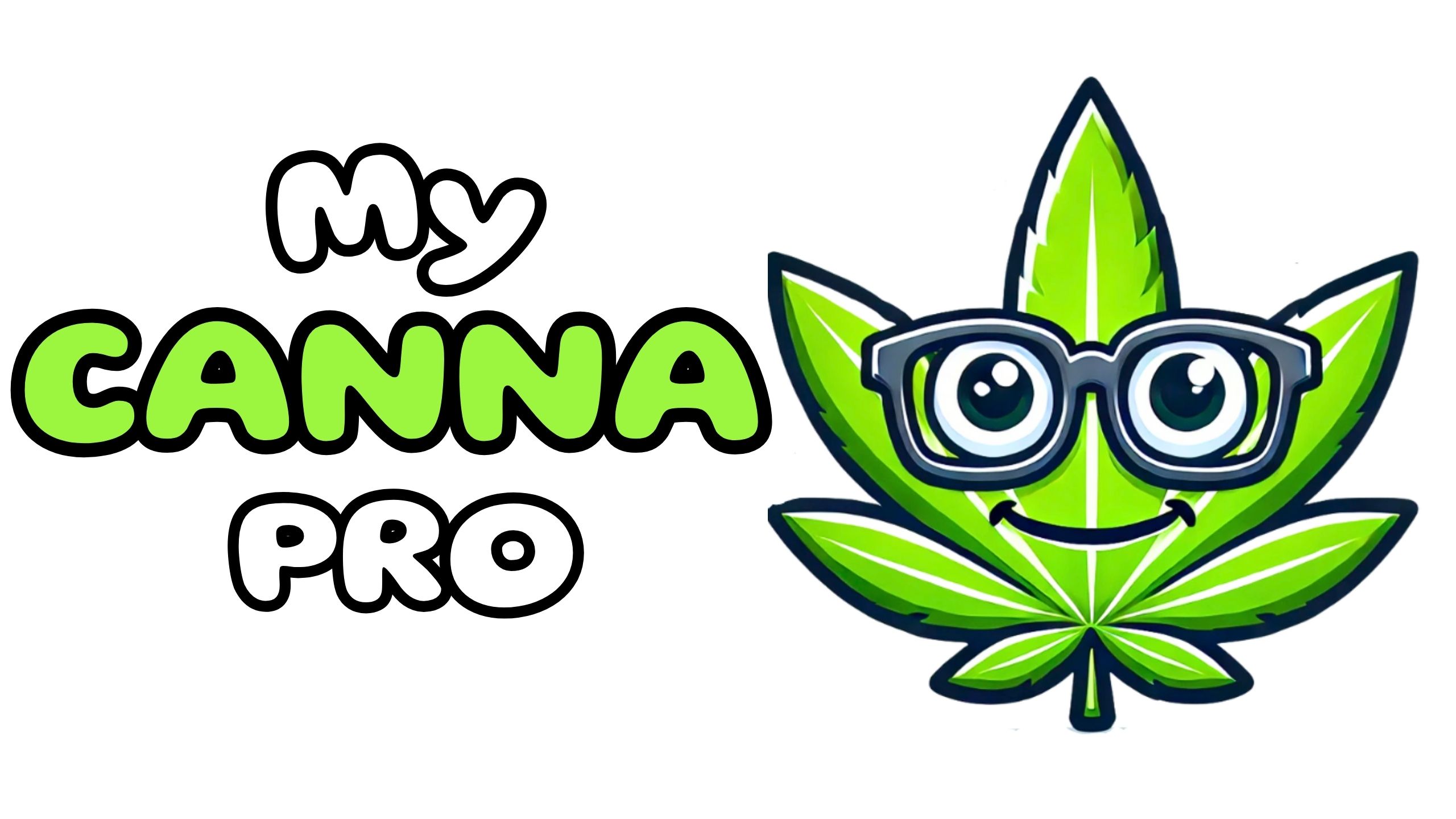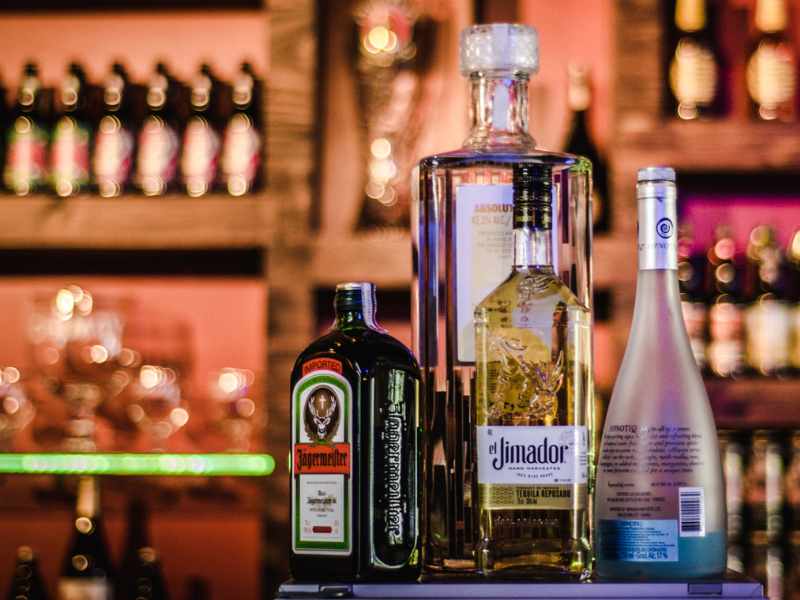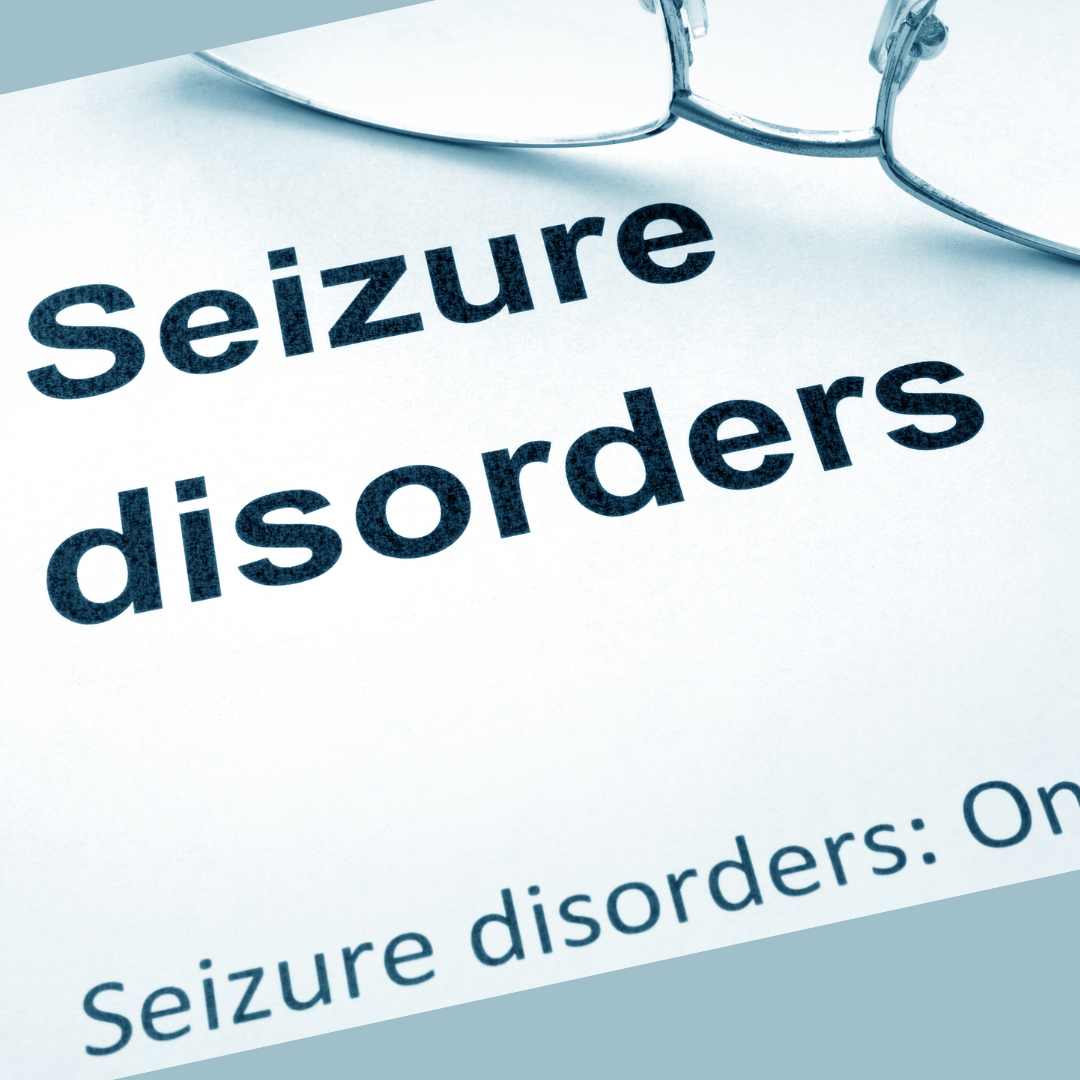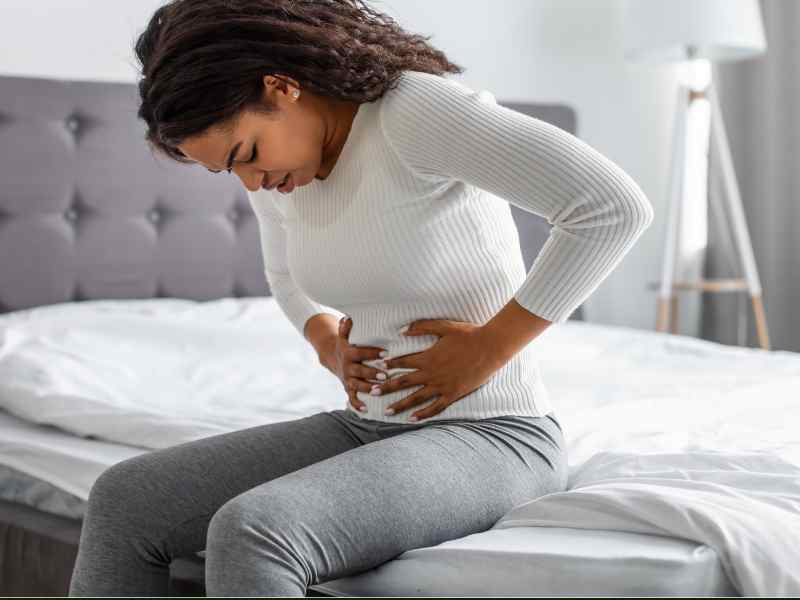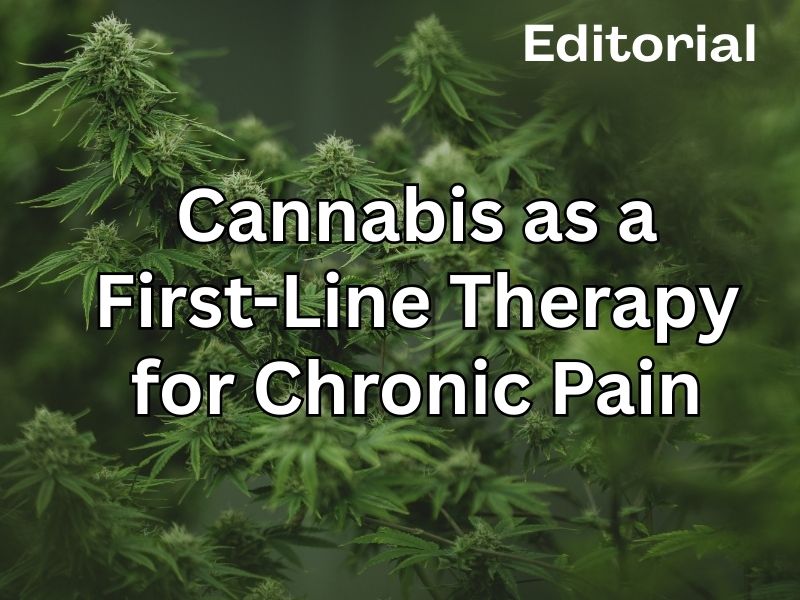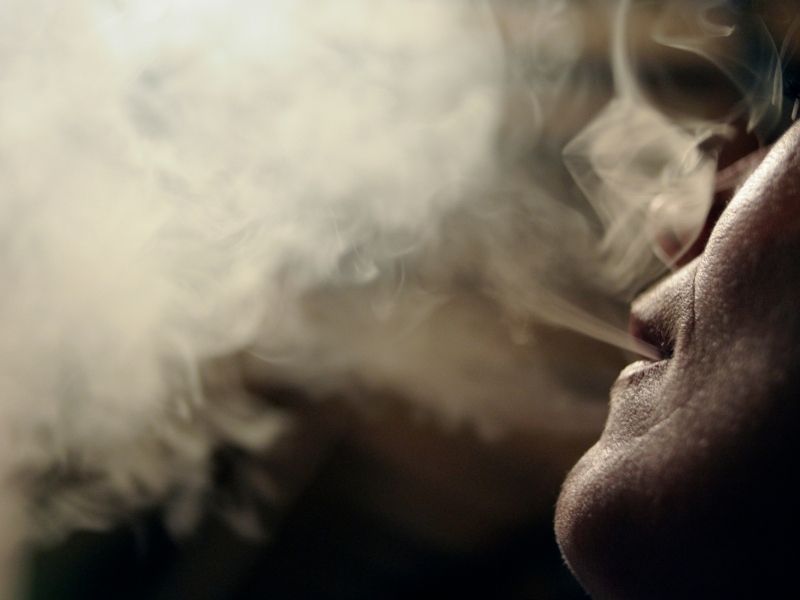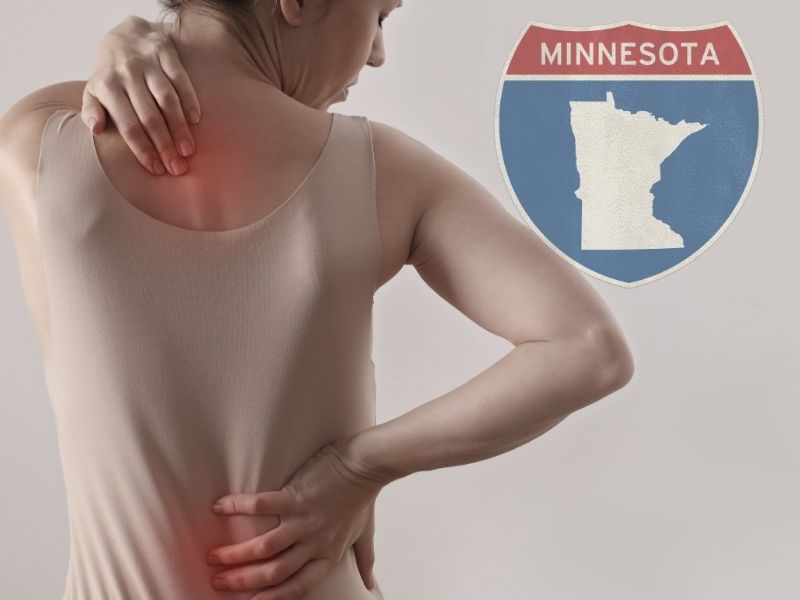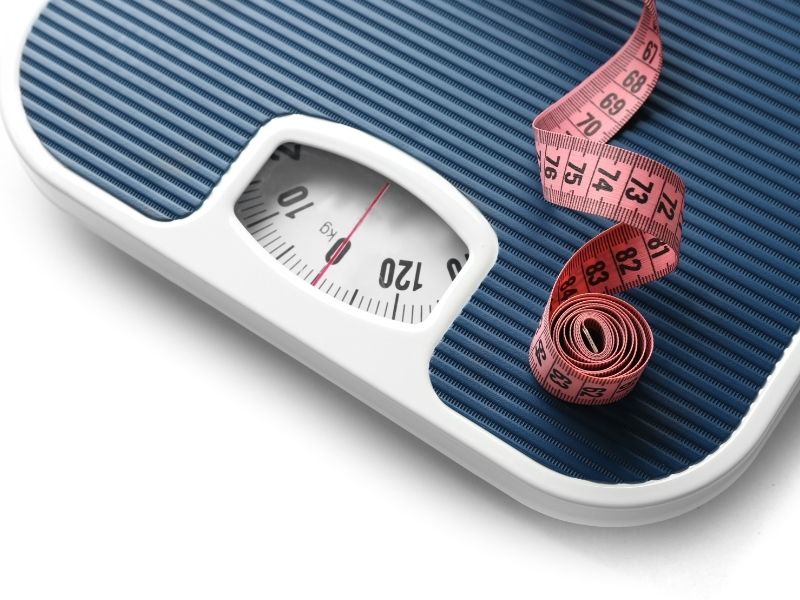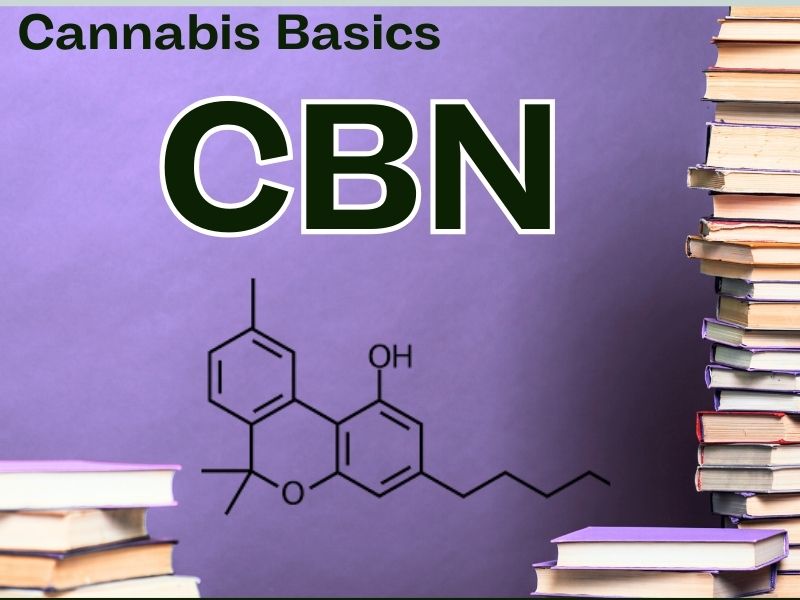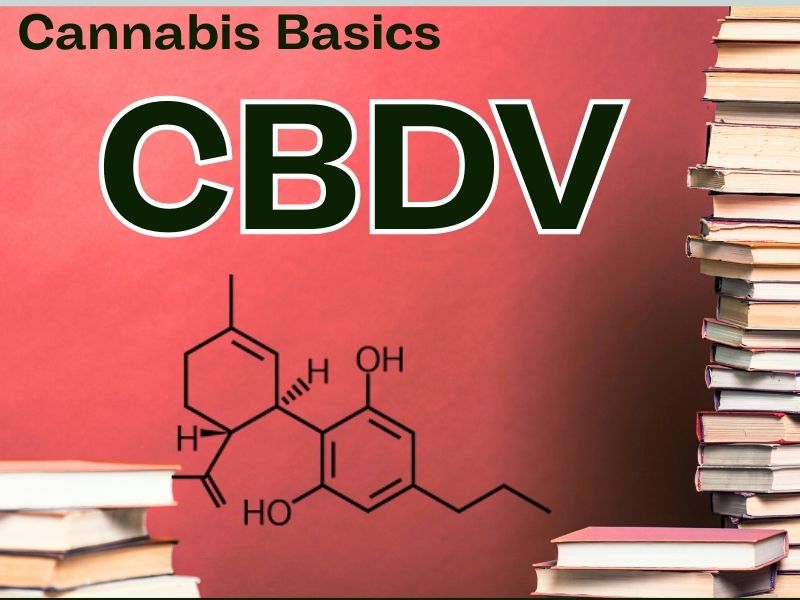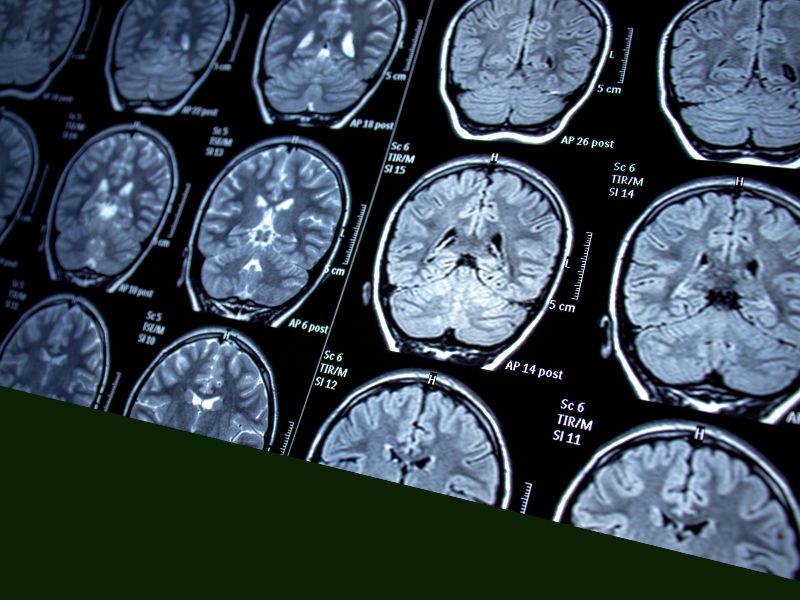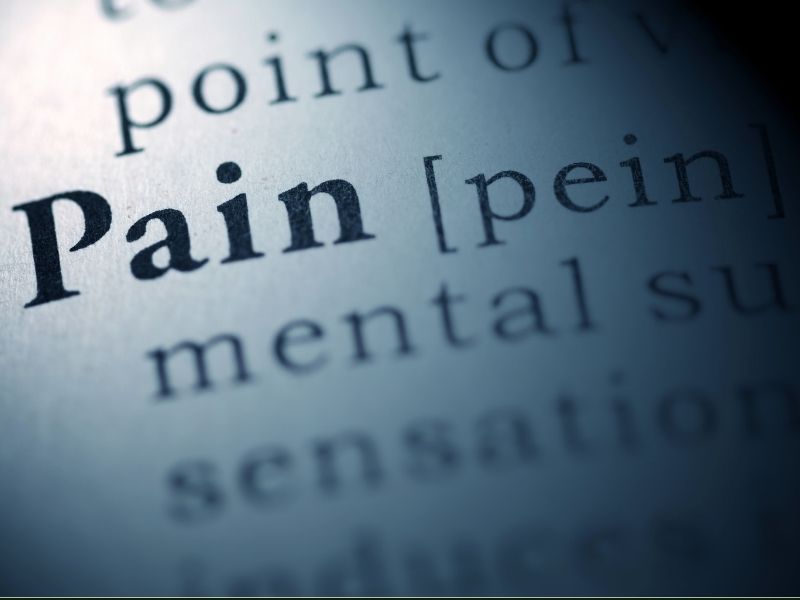Binge drinking remains one of the most pressing public health challenges globally. It’s linked to liver disease, cardiovascular problems, mental health issues, and nearly 1 in 5 traffic fatalities in the U.S. alone. Despite these dangers, current medications for alcohol use disorder (AUD) often come with limited effectiveness and low patient compliance. But emerging research suggests that a promising new player may help shift the narrative: cannabidiol, or CBD.
A newly published study in the British Journal of Pharmacology sheds important light on how CBD, a non-intoxicating cannabinoid derived from cannabis, may reduce binge drinking and blood alcohol levels. Using a well-established animal model, researchers at the University of Sydney demonstrated that CBD significantly decreased voluntary alcohol consumption in mice, without causing sedation or impairing movement. Even more impressively, these effects were dose-dependent, sustained over time, and observed in both male and female subjects.
A Scientific Look at the Study
In this preclinical trial, scientists employed the “drinking-in-the-dark” (DID) mouse model, which closely mimics human binge-drinking behavior. When the mice were administered CBD at various doses, researchers observed a consistent reduction in alcohol intake, as well as a corresponding drop in blood ethanol concentrations (BECs). Importantly, these effects were not due to reduced activity—the mice continued to move normally, ruling out the possibility that CBD simply sedated them.
Even when CBD was administered repeatedly over a multi-week period, its effectiveness did not diminish. This is significant because many substances lose potency over time due to the development of physiological tolerance. The fact that CBD maintained its efficacy positions it as a potential long-term therapeutic option for alcohol-related disorders.
While CBD has been associated with numerous benefits—including anti-anxiety, anti-inflammatory, and neuroprotective properties—the precise mechanisms behind its effects on alcohol intake have remained murky. In this study, researchers explored whether CBD’s action involved previously identified targets like serotonin 5-HT1A receptors or PPAR-gamma, both of which have been implicated in mood and addiction pathways. Surprisingly, blocking those receptors did not reverse the benefits of CBD, suggesting those were not the primary mechanisms at play.
Instead, the study revealed a new potential target: the neuropeptide S receptor (NPSR). CBD appears to act as an antagonist at this receptor, and when it was combined with another compound that blocks NPSR, alcohol intake dropped even further. This suggests that NPSR may be a key mediator of CBD’s alcohol-suppressing properties. Additional analysis also revealed that while CBD interacted with another receptor, CXCR4, its alcohol-reducing effects didn’t seem to be dependent on this pathway.
These findings align with other recent research exploring CBD’s potential in human populations. A 2023 study published in Molecular Psychiatry found that a single 800 mg dose of CBD reduced cravings in individuals diagnosed with AUD. Meanwhile, observational studies and federally funded surveys in the U.S. have noted a consistent trend: people who use cannabis, especially CBD-rich products, often report drinking less alcohol.
One federally funded study even found that individuals who used cannabis before consuming alcohol drank less overall and experienced fewer alcohol cravings. This points toward a substitution effect—where cannabis, or components of it like CBD, may naturally displace alcohol use for some people.
These scientific findings reflect broader cultural and behavioral shifts. According to a recent YouGov poll, a majority of Americans now view regular alcohol use as more harmful than regular cannabis use. A separate survey by the American Psychiatric Association and Morning Consult found that Americans believe cannabis is less addictive and less dangerous than alcohol, cigarettes, and even smartphone addiction.
The behavior is following the belief. Recent data shows that more Americans now use cannabis daily than consume alcohol daily, and a large share of cannabis users say they drink less—or not at all—because of their cannabis use.

These trends have not gone unnoticed in the marketplace. Major cannabis companies are rapidly expanding into CBD-infused beverages and wellness products, positioning them as healthier alternatives to alcohol. A Bloomberg Intelligence report predicts that cannabis legalization will continue to pose a “significant threat” to the alcohol industry as perceptions of safety and use patterns evolve.
In Canada, where recreational marijuana is federally legal, studies have already shown a decline in beer sales post-legalization, further reinforcing the substitution effect between cannabis and alcohol.
CBD as a Future Therapeutic for Alcohol Use Disorder?
While CBD is not yet an FDA-approved treatment for AUD, studies like the one from the University of Sydney add to a growing body of preclinical and clinical evidence supporting its potential. The fact that it reduces alcohol consumption without causing intoxication, sedation, or dependence makes it especially attractive as a non-habit-forming pharmacological option.
Importantly, the mechanisms by which CBD produces these effects are still being uncovered. The recent identification of NPSR as a likely target may lead to the development of more precise cannabinoid-based medications tailored to alcohol-related conditions. Future research could also explore whether CBD might help with other aspects of addiction recovery—such as reducing anxiety, improving sleep, or preventing relapse.
In addition to CBD, other compounds in the cannabis plant are showing promise in the fight against addiction—particularly the terpene beta-caryophyllene (BCP). Found in cannabis as well as black pepper and cloves, BCP acts as a selective agonist at the CB2 receptor, a part of the endocannabinoid system associated with immune regulation and reward modulation. Preclinical studies have shown that BCP can reduce voluntary alcohol consumption, suppress nicotine and cocaine cravings, and enhance the effectiveness of opioids while reducing tolerance and dependence. By modulating dopamine signaling and reducing neuroinflammation, BCP addresses multiple pathways involved in addiction. Its anti-anxiety and anti-stress effects may also help reduce relapse risk, making it a compelling companion compound to CBD in the context of alcohol use disorder and broader addiction treatment strategies.
The idea that a cannabis compound like CBD could help reduce harmful alcohol consumption may have sounded far-fetched a decade ago. Today, it’s becoming a scientifically plausible—and increasingly promising—reality. With more research, including human clinical trials, we may soon see CBD playing a central role in how we approach alcohol use disorder and the broader public health conversation around substance use.

